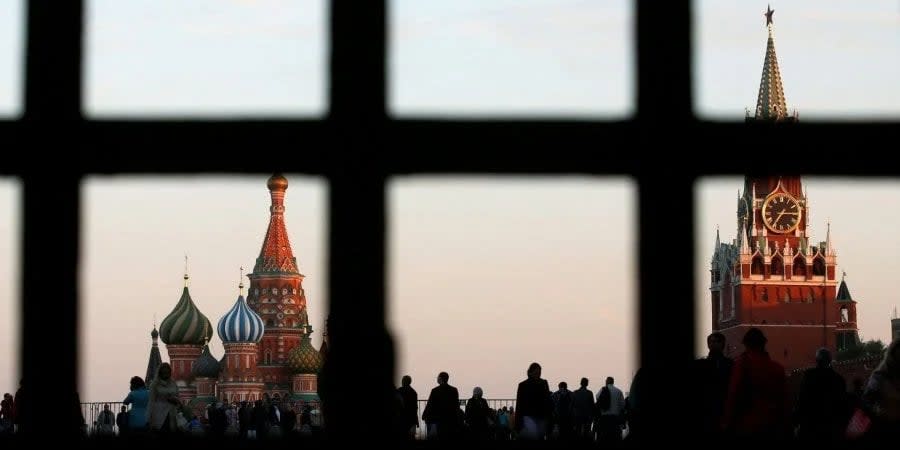Russian fund finances European propaganda, internal documents reveal

Russia's state-run legal protection fund, Pravfond, has reportedly spent millions of euros on propaganda efforts in Europe, according to an exposé by The Guardian on June 2.
The report cites internal documents from the Danish broadcaster DR, which received them from an intelligence source.
The documents allege that the Fund for Support and Protection of the Rights of Compatriots Living Abroad (Pravfond) has been financing propaganda websites aimed at European audiences. It is also accused of funding legal defenses for high-profile figures such as Viktor Bout, a convicted arms dealer, and Vadim Krasikov, an FSB officer sentenced for murdering a Chechen field commander. The Guardian notes that former Russian intelligence officers have been employed by the fund.
Read also: EU agrees to ban several Russian propaganda outlets
Moreover, Pravofund has garnered millions in state subsidies from European countries where it operates, further extending its influence.
Estonia's security services in their 2020 national security report described Pravfond as a "pseudo-legal protection system" that effectively serves as a fund for influence operations.
Among the initiatives supported by Pravfond is the online portal golos.eu, which has been critical of Ukrainian President Volodymyr Zelenskyy. Yuri Andriychenko, Golos deputy editor-in-chief, however, denied receiving funds from Pravfond or having ties to Russia.
Founded in 2012 with the backing of the Russian Ministry of Foreign Affairs and Rossotrudnichestvo, the federal agency, Pravfond has been actively involved in what are described as anti-Russophobia campaigns and efforts to protect the Russian language in Europe.
Read also: Russia paid MEPs to spread propaganda — Belgian PM
The investigation also highlighted broader Russian influence operations in the EU, citing a March 29 report by German newspaper Spiegel and Czech Dennik N, which disclosed that German Bundestag member Petr Bystron received funds from a Russian influence network.
Other revelations include statements by Belgian Prime Minister Alexander De Croo on March 28, detailing payments from Russia to European Parliament members for disseminating Russian propaganda. Subsequent actions include Czech sanctions against Viktor Medvedchuk, a former MP leading Russian influence operations, and an EU resolution on April 25 aiming to counter Russian interference in European democratic processes.
Further, Věra Jourová, Vice President of the European Commission, announced on May 5 potential inclusion of the Voice of Europe, a media platform associated with Medvedchuk, in upcoming EU sanctions. The EU Council has already suspended broadcasting for four propaganda outlets, including Voice of Europe, RIA Novosti, Izvestia, and Rossiyskaya Gazeta, on May 17.
We’re bringing the voice of Ukraine to the world. Support us with a one-time donation, or become a Patron!
Read the original article on The New Voice of Ukraine


